A child’s early years are super important for their future. But sometimes, we focus too much on school grades and forget about other things that help kids grow and learn. However, understanding and enabling the process of holistic development in a child holds significance in bringing out an individual who is wholly developed and prepared to face the world’s challenges. This blog delves into the concept of holistic development, holistic development of child, its place in education, and how it can find its place in the early childhood education system.
What is Holistic Development?
It’s necessary to remember that children are more than their academic standing. To assist children in developing into well-rounded people, we ought to pay attention to all the various ways they acquire knowledge and grow. This is an approach that supports the interrelation of the above dimensions and growth of a child in all dimensions rather than just emphasising one aspect. This kind of development allows children to peer into their potential in a balanced and harmonised way.
Importance of Holistic Development in Education
The importance of holistic development in education can’t be overstated. It is needed for a number of reasons
Balanced Development
This makes sure even children are developed on a balanced set of skills and abilities, and hence overall wholesome. By focusing on different aspects of development, the child is able to excel not only academically but also with the other important areas of life.
Emotional Well-being
Fulfilment of emotional and social needs makes the child able to become a part of sound relationships and even consider with intelligence his or her own feelings. It may result in improved mental health and more ability to withstand the rain of hardships.
Intellectual Curiosity
Generating a sense of curiosity and creativity would help inculcate a passion for learning that filters down to each discipline and subject.
Physical Health
When it comes to holistic growth and development, physical health is of prime importance. Physical well-being is an absolute must for mental well-being, as physical health enhances mental health.
Spiritual Consciousness
By instilling values and ethical intelligence, the children can be made to have a very strong moral compass. Their actions and interactions can be determined by such a moral compass and they can imbibe a sense of responsibility and empathy towards others.
Ways of Fostering Holistic Development in Early Childhood
Play-Based Learning
Why It Matters
Play is the natural mode of learning in a child. In play, children have opportunities to explore their environment, experiment with new ideas, and learn how to think and solve problems analytically.
How to Apply
Incorporate play in the process of learning and hence make learning a more interesting and enjoyable effort. Offer a range of play materials such as blocks, puzzles, and art materials. Promote role-playing and outdoor activities which may serve to encourage communication opening, creative release, as well as physical movement.
Emotional Support
Why It Matters
The basic foundation of a child’s ability to learn and form meaningful relationships with others is their emotional well-being. Little ones’ who receive emotional support are more likely to grow into resilient adults with a strong sense of self.
How to Practise
Try to create an environment that is nurturing. Students should feel free to express their feelings. Promote open communication and offer counselling on the management of emotions. Activities like storytelling, drawing, and role-playing may assist the students in realising and expressing their emotions.
Social Interaction
Why It Matters
Relationship growth and an individual’s ability to survive in society depend on their social abilities. Young children who are exposed to people can develop cooperativeness, empathy, and communication skills.
How to Apply
Create opportunities for children to share with other children. Communication and cooperative play foster some of the most critical social skills like empathy, cooperation, and problem-solving. Arrange playdates, teamwork in sports, working on a group project, and other social-learning experiences.
Physical Activities
Why It Matters
Mental well-being has a significant contribution to physical well-being. Apart from enabling the enhancement of motor skills and physical strength, physical exercise boosts mood.
How to Apply
Make physical activities a part of the routine on a daily basis. Outdoor games, sports, and exercises aid in the development of motor skills. Running, jumping, and dancing are some of the activities which kids like to do, as they find them enjoyable.
Intellectual Stimulation
Why It’s Important
An intellectually challenging setting encourages curiosity and intellectual growth. Intellectually engaged students have a tendency to enjoy learning.
How to Implement
As a method of instruction, provide a variety of educational experiences which are driven by the interests and learning styles of the students. Foster curiosity and provide material which can be researched and uncovered. Homework such as reading, science labs, and educational games may help develop the intellect.
Values and Ethics
Why It Matters
Values and ethics are integral in the construction of a powerful moral foundation. Ethical behaviour and well-modelled ethics by children are likely to lead to adults who are empathetic as well as responsible.
How to Apply
Include moral education in the curriculum. Role plays, stories, and discussions are some of the most effective means to make the children imbibe new values and a sense of morality. Make children talk, share, help others, and discuss right and wrong in different kinds of situations.
The Role of Teachers and Parents
It is important for teachers and parents to team up while working on holistic growth. After all, both parties are very important when it comes to holistic development of child.
Involvement of Parents:
Participate
Parents need to participate in the learning of the child and in the things of interest to him or her. They must be motivated to learn and be promoted to be in a supportive environment at home.
Be an Example
Children observe how adults behave and take from this. Lead by example by showing good positive behaviours like being kind, patient, and empathetic.
Allow for Exploration
Kids need to have different types of opportunities and experiences in which they can explore new things and interests. Allow hobbies, outdoor exercise, and social interaction.
Role of Educators
Create a Supportive Climate
The classroom should be a supportive and welcoming place for every child. There should be a provision of positive regard and emotional support.
Adjust Teaching Strategies
Appreciate that all children are unique and may have varying learning styles. Adjust your teaching strategies to suit the diverse learning needs of your students.
Promote Collaboration
Create a collaborative learning environment so that the learners can collectively resolve the projects and activities. That is useful in nurturing their social and teamwork skills.
We hope the blog answered the question, what is holistic development? Holistic development provides the base for creating those individuals who are holistic, balanced, and well-equipped to face the challenges and pressures in life. Right from the very young formative years, holistic and balanced development has to be strived for, which shall be balanced development encompassing the physical, emotional, social, intellectual, and spiritual spheres of the child. With holistic development, we shall be able to ensure that our children grow up to be not just achievers in life, but truly happy and satisfied individuals.
At Mother’s Pet Kindergarten, we strongly believe in the strength of all-round development. Our programs are meticulously made to enhance every minutest faculty of the child while imparting to them an all-encompassing education that will inculcate the seed of a glorious career. Join us to join the leaders of tomorrow, today.

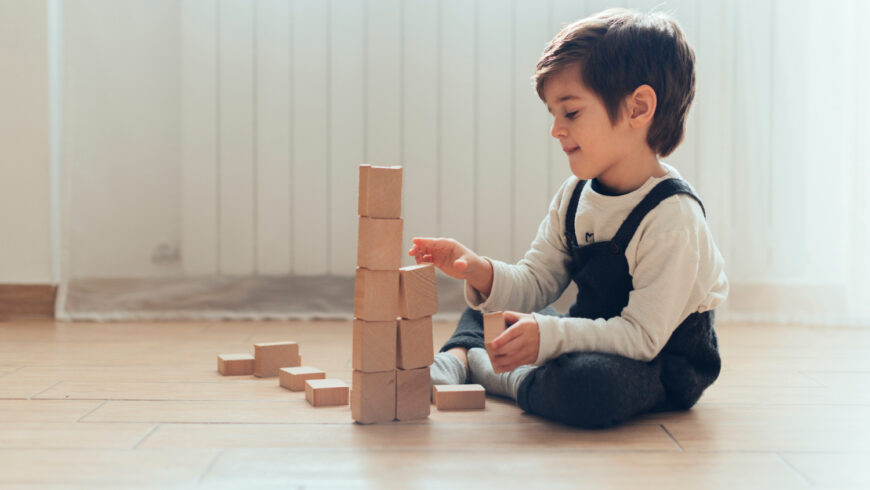

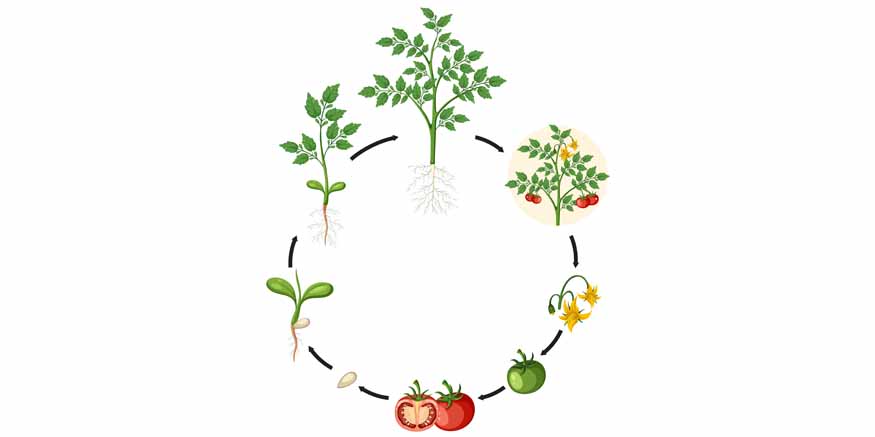



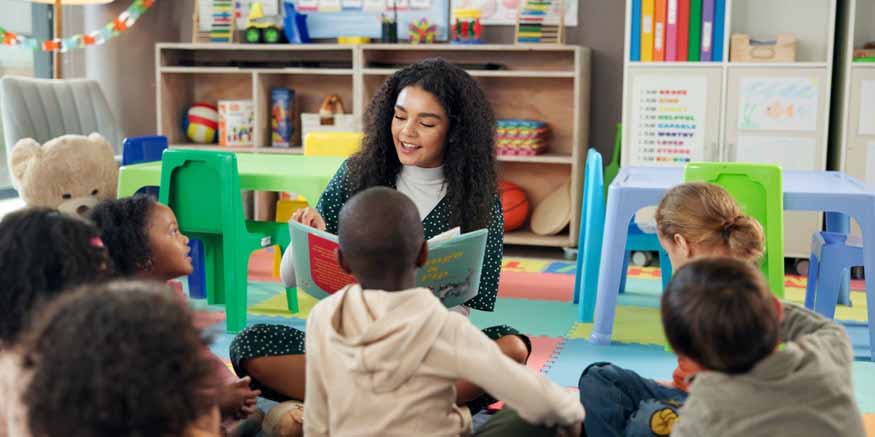
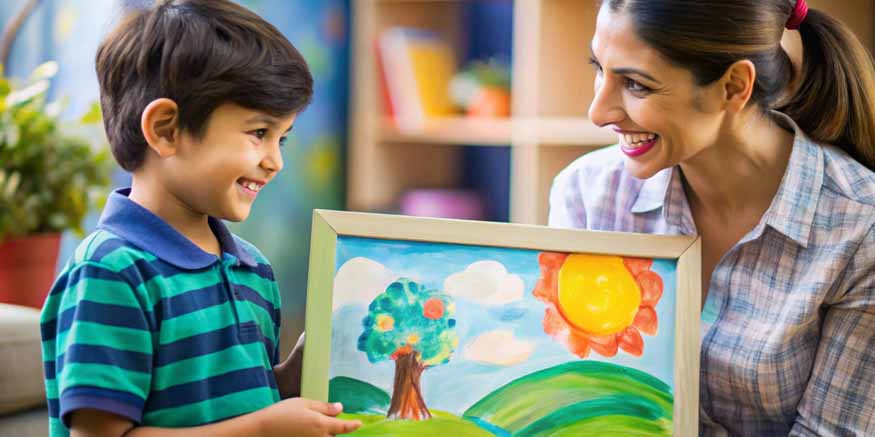
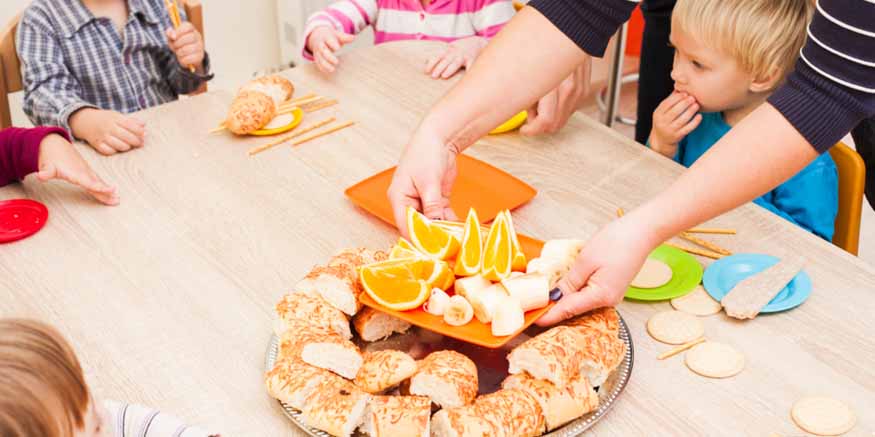

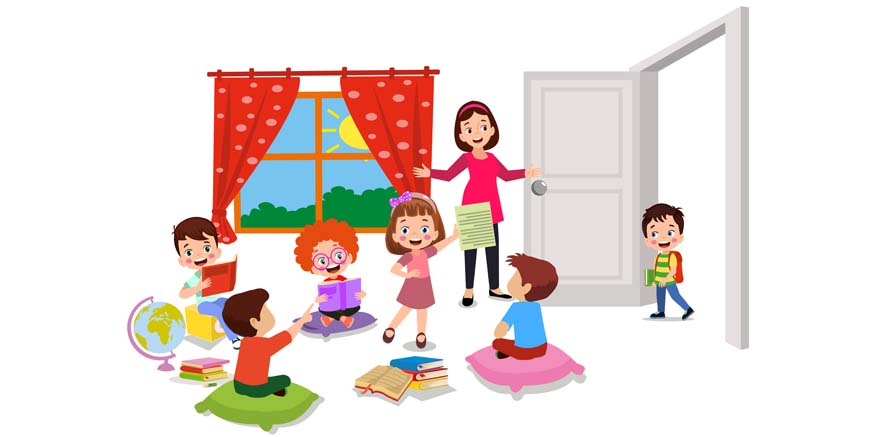

Recent Comments